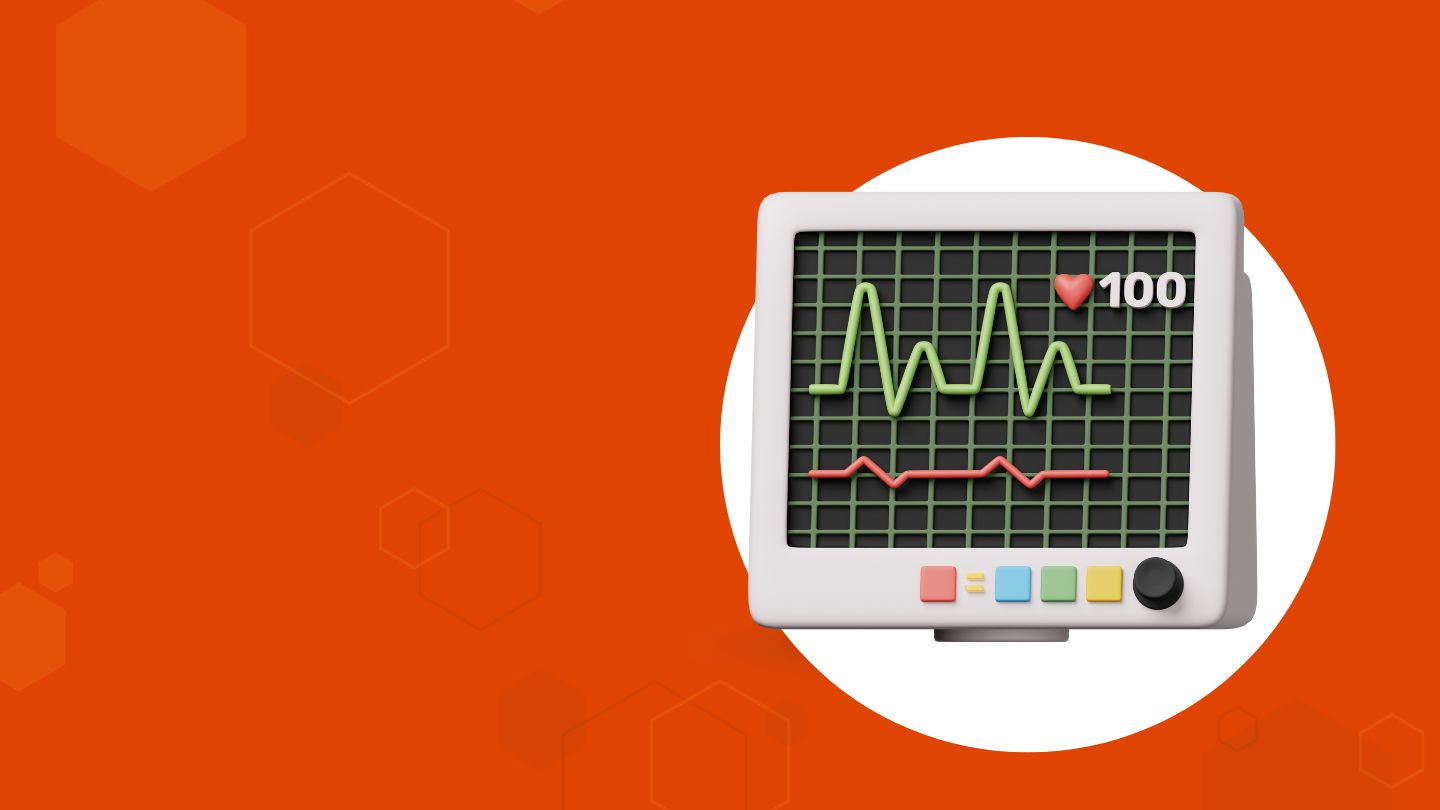4 June, 2025
Cardiomyopathies: heart muscle diseases we can treat today

Cardiomyopathies are a group of diseases that affect the heart muscle. Some of them are genetic, meaning they can be inherited and affect several members of the same family—what we refer to as genetic or inherited heart conditions. At barnaclínic+, we treat these diseases with a comprehensive approach: accurate diagnosis, personalized follow-up, and genetic screening when necessary.
What is a cardiomyopathy?
A cardiomyopathy is a heart muscle disease that affects its structure and function. It can cause the heart to become weakened, stiff, or to contract abnormally. There are several types of cardiomyopathies:
- Dilated cardiomyopathy: the heart enlarges and loses contractile strength, leading to heart failure.
- Hypertrophic cardiomyopathy: the heart muscle thickens excessively, obstructing blood flow.
- Restrictive cardiomyopathy: the heart muscle becomes rigid, impairing its ability to fill properly.
- Arrhythmogenic right ventricular cardiomyopathy: progressive replacement of muscle tissue by fat or fibrosis, which can lead to arrhythmias.
- Non-dilated left ventricular cardiomyopathy (previously known as arrhythmogenic left ventricular cardiomyopathy): it is characterized by the presence of myocardial scarring, typically identified via cardiac MRI, and may be associated with potentially malignant arrhythmias, among other complications.
“Early diagnosis of cardiomyopathy can dramatically change the outcome”
Dr. Elena Arbelo, cardiologist at barnaclínic+ and Head of the Unit of Family Heart Diseas and Sudden Death Associated Syndromes at Hospital Clínic Barcelona
Early diagnosis of cardiomyopathies is essential. Often, these heart diseases show no symptoms until advanced stages or appear suddenly with serious events such as heart failure, arrhythmias, strokes, and even fainting or sudden cardiac death. This is why, at barnaclínic+, we recommend screening first-degree relatives when there’s a history of cardiomyopathy or unexplained cardiac events.
Main symptoms and complications of cardiomyopathy
Signs and symptoms of cardiomyopathy may include:
-
Fatigue and reduced exercise tolerance
-
Shortness of breath (dyspnea)
-
Palpitations and arrhythmias
-
Fainting (syncope) or loss of consciousness
-
Increased risk of stroke due to atrial fibrillation and blood clot formation
- Swelling in the legs (edema).
Some inherited cardiomyopathies may progress into more serious forms with a high risk of sudden cardiac death, particularly in young individuals or athletes.
Treating cardiomyopathy: from medication to defibrillators
We have various effective strategies for the treatment of cardiomyopathy, all aimed at improving quality of life and preventing serious complications:
- Medications: to relieve symptoms, manage heart failure, and lower the risk of arrhythmias.
- Subcutaneous defibrillator (ICD): for patients at high risk of sudden cardiac death.
- Septal reduction surgery (myectomy): for selected cases of hypertrophic cardiomyopathy.
- Arrhythmia ablation: in patients with recurrent arrhythmias.
- Genetic testing and family screening: essential for managing genetic heart conditions.
“With the right treatment, many people with cardiomyopathy can live long and active lives”
Dr. Elena Arbelo, cardiologist at barnaclínic+ and Head of the Unit of Family Heart Diseas and Sudden Death Associated Syndromes at Hospital Clínic Barcelona
Expert care with the experience of Hospital Clínic Barcelona
Cardiomyopathy care at barnaclínic+ is provided by the same specialists from Hospital Clínic Barcelona, a leading international center for the diagnosis and treatment of heart diseases. From clinical evaluation to advanced testing, family follow-up, and translational research, we offer highly specialized, comprehensive care.
Want to learn more about the diagnosis and treatment of cardiomyopathies or inherited heart diseases?
Contact the Family Heart Disease Unit at barnaclínic+.


